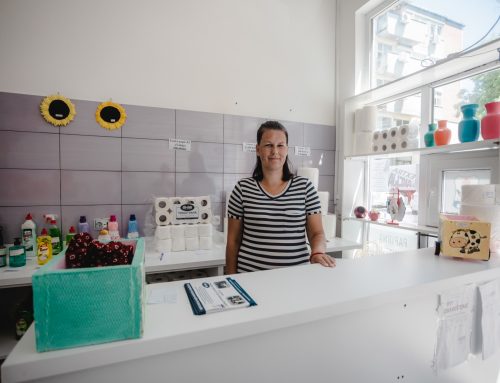Fight against drugs is an integral part of the EU accession process which is why the EU has invested EUR1,5 million in a key project aimed at adjusting standards and policies with those of the EU, said Head of the EU Delegation to Serbia Michael Davenport at the closing conference of the twinning project “Implementation of Strategy for Fight Against Drugs (Supply and Demand Reduction Components)”.
Since Serbia and the EU had started accession negotiations in January and “given the anti-drug policy is an integral part of Chapters 24 and 28, it makes it an important topic to deal with,” Davenport said.
“In this respect, this twinning project, as well as its part that deals with supply and demand reduction, represents a highly important platform for the adjustment of Serbian drug fighting measures with EU standards and policies within this highly complex area,” Davenport said.
Another benefit of the twinning project is an opportunity for Serbia to directly cooperate with EU Member States, in this case Germany and Czech Republic, Ambassador Davenport said.
This twinning project has been funded by the Instrument for Pre-accession Assistance – IPA of the European Union with EUR1.5 million. The Project lasted 21 months and has significantly contributed to the strengthening of the Serbian institutions and the policy in the area of drugs.
Davenport hailed Serbia for drafting the National strategy for fight against drugs and its pertaining Action plan. He highlighted the importance of establishing a coordinating body, such as an Office for fighting against drugs that would be the key element and mechanism to coordinate the activities of state bodies and authorities relevant for drug issues.
The Ministry of Interior, as the main project beneficiary in Serbia, has implemented the project activities in cooperation with the Ministry of Health and the Institute of Public Health of Serbia „Dr Milan Jovanovic Batut”.
The German Federal Ministry of Health has been the main EU Member State partner in the Project, which entrusted the implementation of the Project to the Centre for Interdisciplinary Addiction Research in Hamburg (ZIS). The Czech National Monitoring Centre for Drugs and Addiction contributed as the MS junior partner.



